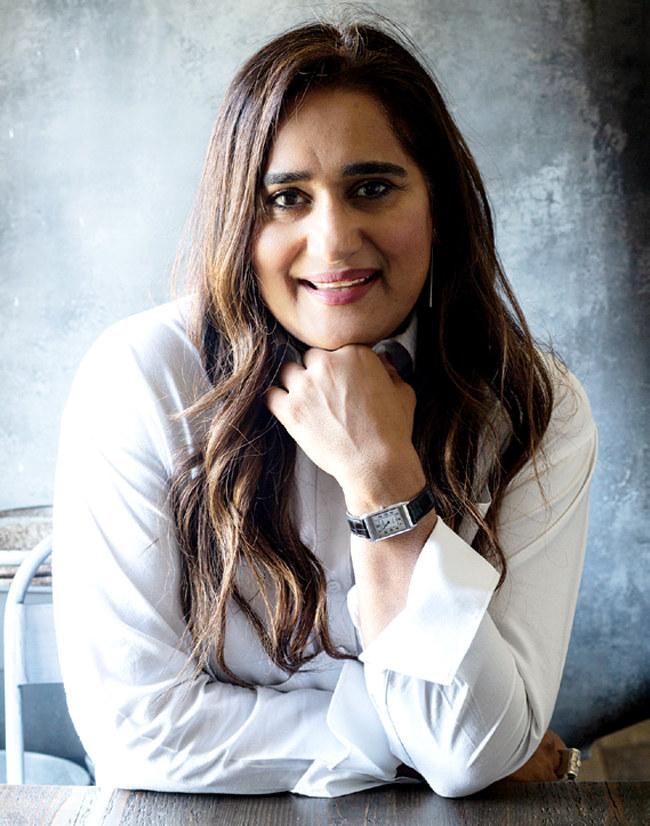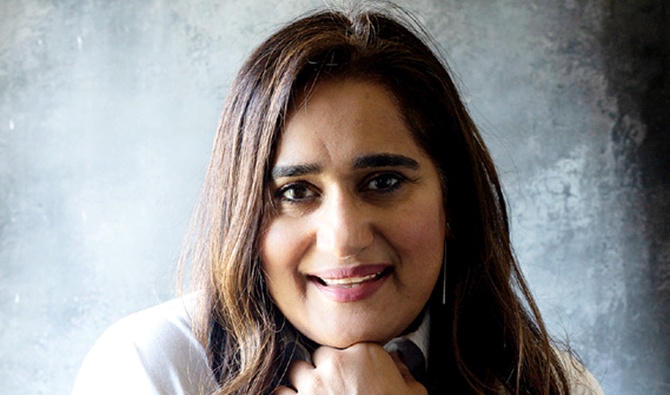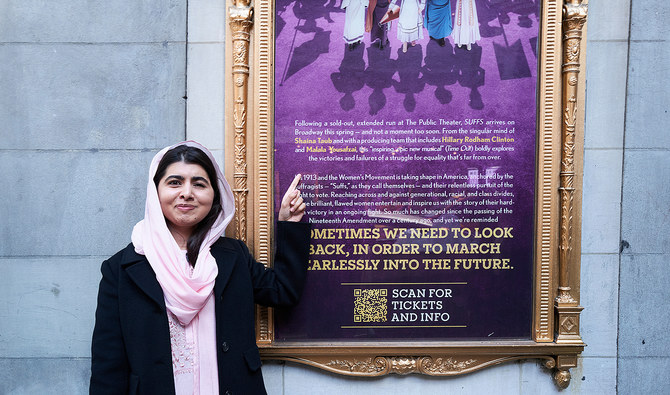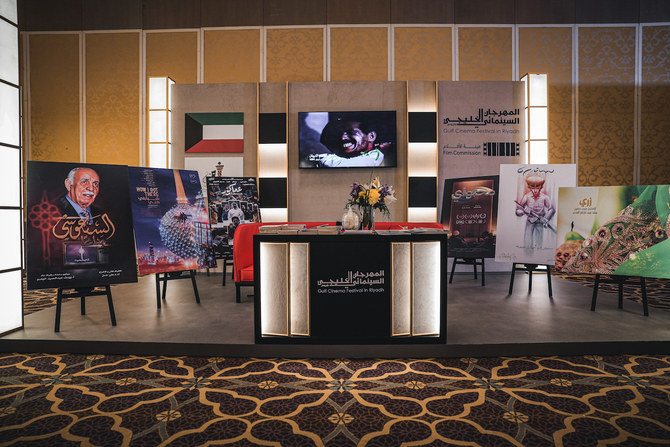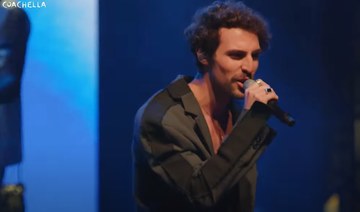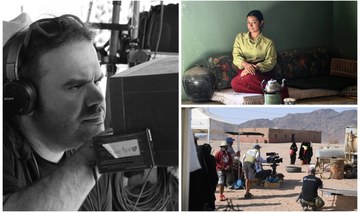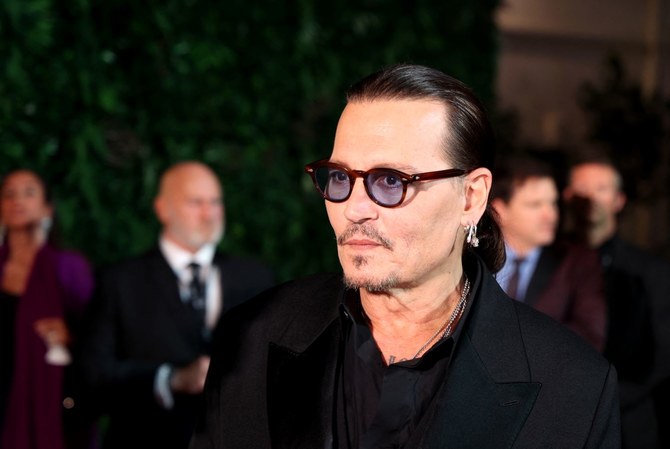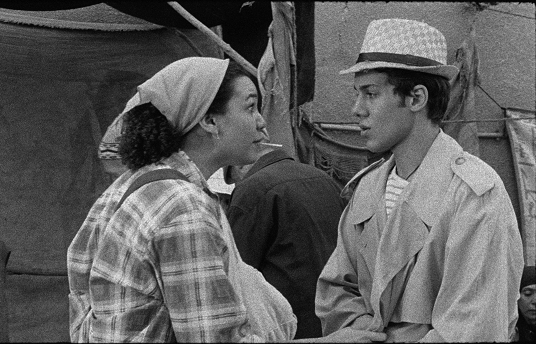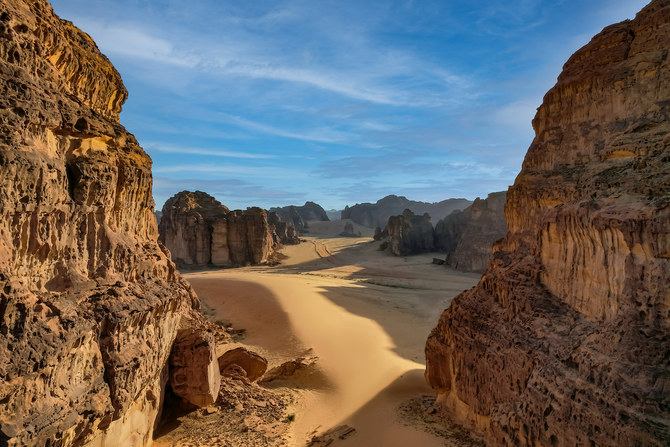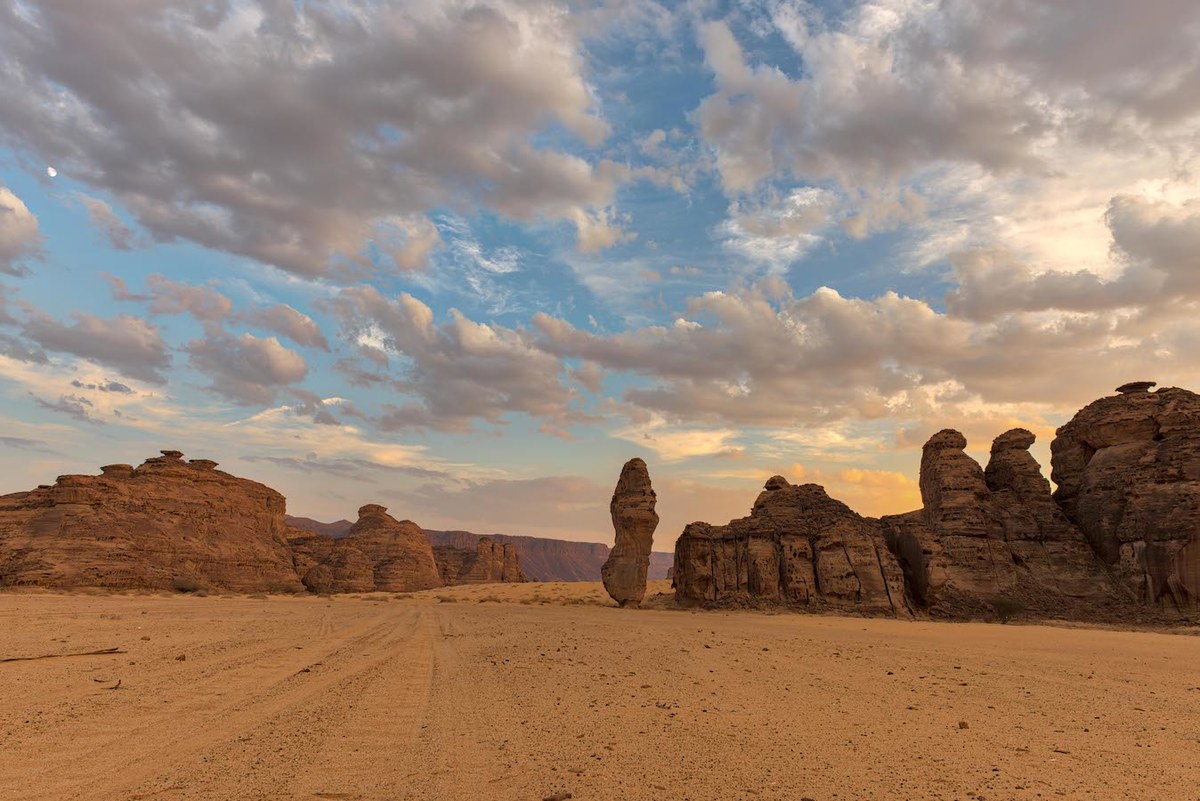LAHORE: Chef Saima Khan has cooked for billionaires, Hollywood’s A-list, royalty and US presidents. But, until earlier this week, she had never served up a feast or run a restaurant in Pakistan, where her parents were born.
The charity fundraising dinner in Lahore, at a new pop-up restaurant called Fred, attracted tycoons, artists, actors and philanthropists. Mezze dips, ruby red pomegranates and other delights adorned the tables. Guests tucked into dishes with their hands, laughing and chatting as they ate. There were no courses and no waiters. Khan chose black jeans, sneakers and an apron over a chef’s hat and white jacket.
For Khan it has been a homecoming years in the making.
She was born and raised in London, spending two decades as a commodities broker and investment banker although she was always a creative cook and warm host to friends.
But it was a chance meeting in 2012 with billionaire Warren Buffett in a Nebraska airport lounge that changed the course of her life.
“Our conversation turned to relationships, the meaning of life ... and food. I told him I made a mean chicken karahi he should try. He told me he’d take me up on the offer,” Khan said, not thinking the “Sage of Omaha” was being serious. But she would come to know him as one of her dearest friends and mentors.
Two weeks later she got a call from Buffett’s secretary, asking to set up a time for the home-cooked dinner she had offered in that remote airport lounge.
“It was bizarre. My first thought was ... somebody is joking with me. But I hadn’t told a soul I’d met Warren except for my parents.”
On the day of the dinner, in her small New York City apartment, Khan worked alone, preparing chapati dough, daal, chicken karahi, achari gosht, chicken biryani and other Pakistani staples.
Out came old Pakistani table runners, napkins and fabrics. Nusrat Fateh Ali Khan played in the background. And then she received another phone call.
This time it was Buffett himself, asking if he could bring some friends. Khan joked that he could bring whoever he liked because she had cooked enough for 20 people.
But she was surprised to later see Bill and Melinda Gates smiling at her doorway.
At one point in the evening Bill sauntered into Khan’s tiny kitchen and asked for butter with his chapati. “You realize after a while, it doesn’t matter who they are. People are just people in the end ... and there’s nothing like good food to truly connect with them.”
She was breaking bread around the table with four of the world’s richest people, while at the same time opening doors to a new life.
Buffet asked if she would consider catering a dinner for 20 people a month later at his Palo Alto home. She agreed.
She saw some very familiar faces that May evening when she stepped into the room to meet the guests she had cooked a Pakistani feast for the Obamas, the Clintons, the Zuckerbergs, Brad Pitt, Angelina Jolie and Ariana Huffington among others.
Since then, as founder and chef with her London-based catering company The Hampstead Kitchen, Khan has cooked for heads of state, celebrities and royals. Her firms employs almost 100 people.
Everyone on the payroll is either a former refugee, a former convict or formerly homeless men and women. Almost 70 percent of all business proceeds go to charities around the world.
In Pakistan she supports charities and runs three free schools built on land from her father’s village near Gujranwala, a city north of Lahore known for its wrestlers and food.
She has been a private chef for the royal families of Qatar and Europe, dishing up her creations in palaces around the world, in the White House, on private jets and at celebrity weddings.
But her food and feasts have the same ethos wherever they are served and whoever they are prepared for.
In Lahore she told her guests how proud she was of her Punjabi heritage and of its culinary culture where people regularly ate from a single plate.
She cooks food from cultures where sharing is encouraged and loved - Middle Eastern, Persian, Scandinavia and Nordic. “That’s what sharing a meal is all about,” she said. “It’s about peace, love and kindness.”


